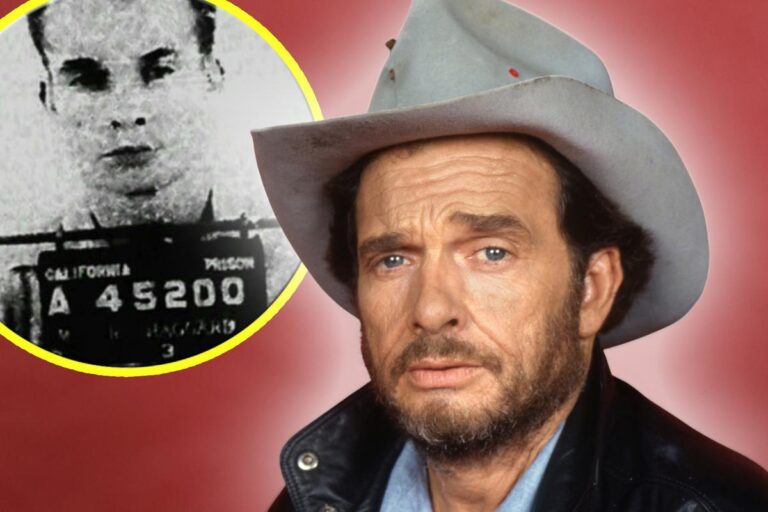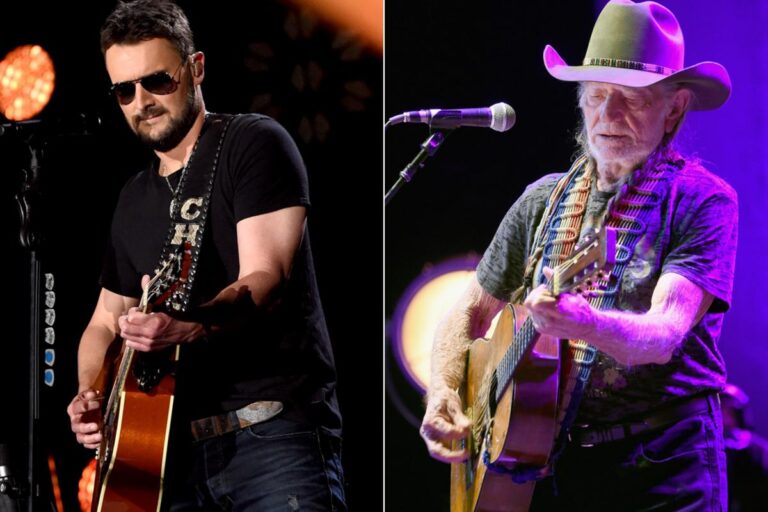Unforgettable Night: Elvis Presley’s Iconic Vegas Performance Flop!
When Elvis Presley made his debut in Las Vegas on April 23, 1956, the reception was less than stellar. The sophisticated crowds in Vegas were not impressed with the man who was revolutionizing popular music. Presley, who was already on his way to becoming a legendary figure in music history, accepted a booking at the Venus Room at the New Frontier Hotel in Vegas for a modest sum of $17,000 for a two-week stand. He was sharing the bill with the Freddie Martin Orchestra and comedian Shecky Greene, both of whom represented more traditional Vegas entertainment.
Despite having the No. 1 single in the country with “Heartbreak Hotel” at the time, Presley’s performance did not resonate with the middle-aged audience in Vegas, who were there for gambling and dining. The crowd’s lackluster response led to harsh reviews, with Newsweek comparing his performance to “a jug of corn liquor at a champagne party.” Presley’s signature hip-swiveling moves and energetic showmanship fell flat, and he faced humiliation when his name was demoted from first to third billing after the opening night disaster.
Presley openly voiced his discontent with playing nightclubs, lamenting that the audience seemed indifferent to his offerings. This experience was reminiscent of a similar humiliating failure he had faced during his debut at the Grand Ole Opry just two years prior. While he vowed never to return to the Opry, Presley’s journey in Las Vegas took a different turn.
It would take decades for Presley to conquer Las Vegas, but in the 1970s, during a time when he and his audience had aged, he became one of the highest-paid acts in Sin City. Sporting his iconic white jumpsuits, Presley entertained swooning housewives, allowing them to relive their youthful memories through his music.
While the initial reception in Las Vegas may have been underwhelming, Elvis Presley’s journey in the entertainment capital of the world eventually led to triumph. His ability to adapt and evolve as an artist allowed him to solidify his status as the King of Rock and Roll, captivating audiences for generations.






